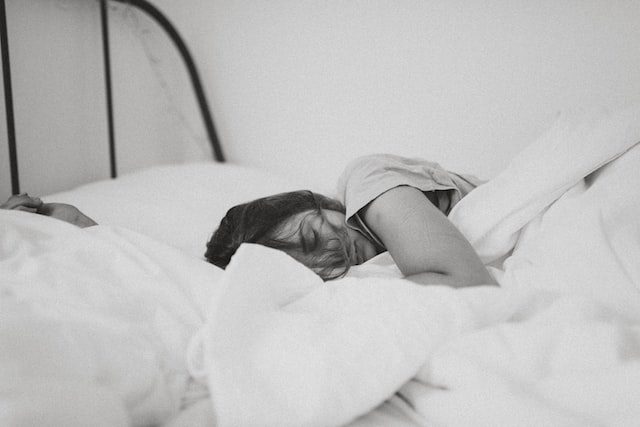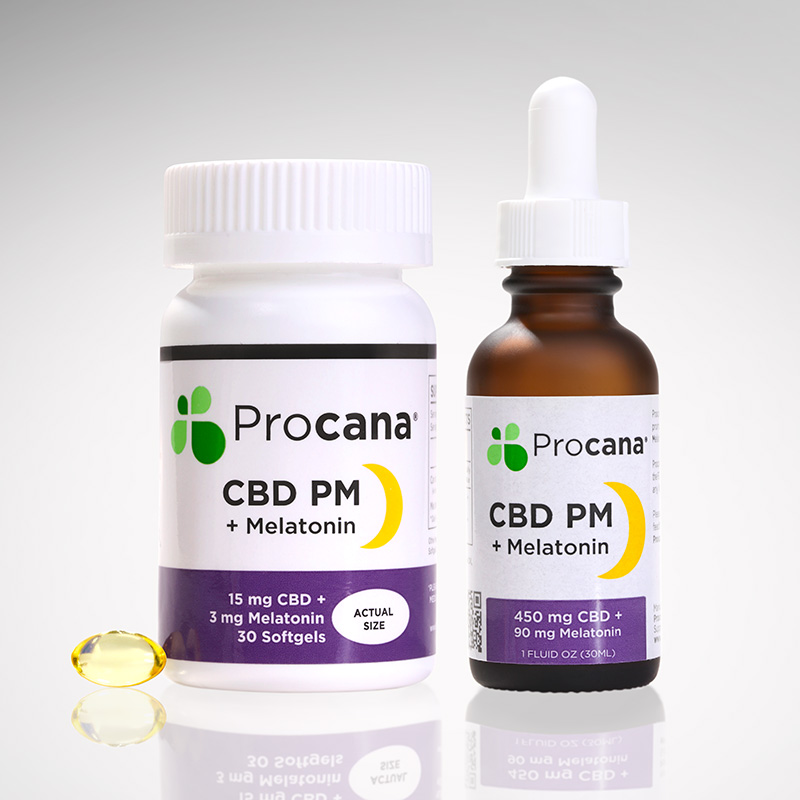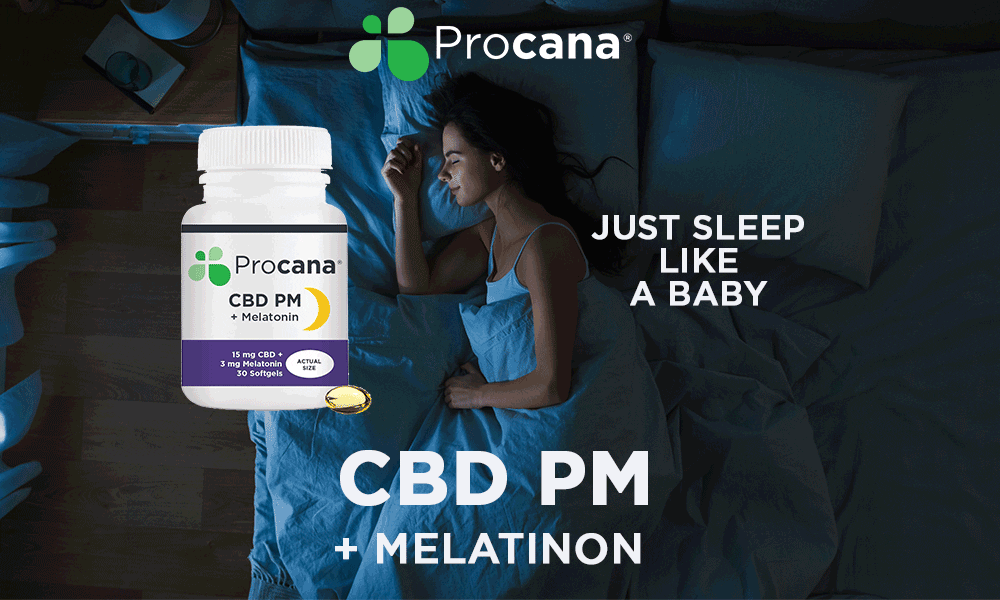A large number of people suffer from sleep issues and disturbed sleep cycles around the globe. It is estimated that more than forty million Americans suffer from tension and extreme sleep issues, and this number is increasing day by day. Many of them seek medical assistance and also go for therapies but still some look for untraditional ways to overcome sleep issues. The latest option is CBD oil and some other CBD products. Many people whose sleep is disturbed due to tension, workload, and mood irritability can benefit from CBD. Many sleep aids have CBD with other ingredients such as melatonin to improve night sleep. People share positive experiences that CBD helped them to improve their night sleep.
CBD and Sleep What Do Experts Say?
CBD is one of the hundred cannabinoids present in the cannabis plant. CBD is under research for its many potential health benefits. Similarly, studies on CBD and its effectiveness for sleep were limited and mixed. Researchers are focusing more on CBD because it does not produce intoxicating effects like THC. THC is also a chemical compound in the cannabis plant known for its psychoactive effects. Many people use CBD oil as a sleeping aid and report that CBD helps them fall asleep more quickly. They feel more energetic and fresher the next morning. Some people also reported that CBD helped them to regulate their disturbed sleep cycle. On the other hand, some people feel stimulating effects instead of sleeping.
This may be related to the specific CBD oil or CBD product they are using; it can also be related to the dose and how the individual reacts to CBD because every human is unique, and their body reacts differently to CBD.
Following Is Some Research Evidence Showing The Link Between CBD and Sleep:
- Cortisol is a stress hormone and plays an important role in the disturbed sleep cycle. People who are in constant tension may have a higher level of this hormone. High cortisol levels at night are associated with many nighttime awakenings. These results suggest that CBD affects the release of cortisol, possibly acting as a sedative. So taking CBD may help you sleep better at night. According to some researchers, 300mg of CBD oil is effective to control cortisol levels and improves night’s sleep.
- One more study supports that CBD plays an important role in sleep neurophysiology, but the authors also suggested that there is a need for repeated studies and further back-translational efforts to model how cannabinoids mediate sleep and its mechanisms.
- A literature review noted that CBD may be helpful in treating RBD (rapid eye movement sleep disorder) and it also shows potential for treating excessive daytime sleepiness.
- A study published in the journal of psychopharmacology supports that CBD is effective in regulating the sleep cycle. Sleep significantly increased in the groups treated with 10 and 40 mg/kg of CBD compared to placebo.
- A systematic review of 14 preclinical studies and 12 clinical studies met inclusion criteria. Results indicated that there is insufficient evidence to support the routine clinical use of cannabinoid therapies for the treatment of any sleep disorder, given the lack of published research.
- There is a clear need for further investigations on the safety and efficacy of cannabinoid therapies for treating sleep disorders using larger, rigorously controlled, longer-term trials.
- In a more recent experimental case study on CBD and sleep more than 100 people participated. All they have troubled sleep and sleep-related issues. The researchers check the effects of CBD combined with their prescribed medications. CBD dose range was between 25 to 175 mg. The researchers found that twenty-five milligrams is the most effective dose to reduce tension and a higher dose works better to resolve sleep issues. This study was continued for three months, and after a very month, a follow-up was done. At the first follow-up, almost 67 percent of participants reported improved night sleep, and almost twenty-three percent reported the most vulnerable situation. After the second follow-up, fifty-six percent participants shared positive reviews, while twenty-seven percent reported more disturbed sleep. So the researchers conclude that although CBD might help people sleep, it can make the situation worse for some people.
Frequently Asked Questions
Q. How Does CBD Help with Sleep?
All humans have an endocannabinoid system. This system has receptors CB1 and CB2. When you take CBD orally, it affects the endocannabinoid system and receptors and produces calming effects. CBD doesn’t produce intoxicating effects like THC. THC also has sedative properties. It is also believed that CBD and THC are both more effective in synergy, and CBD inhibits THC’s intoxicating effects.
Q. What Is The Ideal Dose Of CBD for The Best Night’s Sleep?
In terms of dosing, the ideal amount really depends on the individual and every individual reacts differently to CBD dose. Some people may need only fifteen milligrams, while some may need 100 milligrams. So an ideal and effective dose is an individual’s depending upon its tolerance level.
Starting with a lower dose and increasing it gradually is the right way to get the ideal dose. Most patients choose to start with ten to fifteen mg, which is effective for many people. Some people need more, and occasionally.
Q. How To Take CBD Oil for Quality Sleep at Night?
You can take CBD oil sublingually before half an hour of going to bed. CBD oil massaging also helps to calm your nerves, and you fall asleep easily.
Conclusion
Nowadays, CBD is the main ingredient of many sleeping aids. People use CBD oil and tincture sublingually to fall asleep easily but does research support these claims? There is a mixed bag of results and conclusions regarding CBD and its effect on sleep. Some studies support that CBD effectively regulates sleep cycles and improves sleep quality at night. In contrast, some studies did not support the effectiveness of CBD on sleep. There is a need for more research and human clinical trials instead of empirical research and animal studies to unveil the true potential of CBD to improve the quality of sleep. Moreover, there is a need to bridge the gap between legislation and FDA to regulate CBD products.





